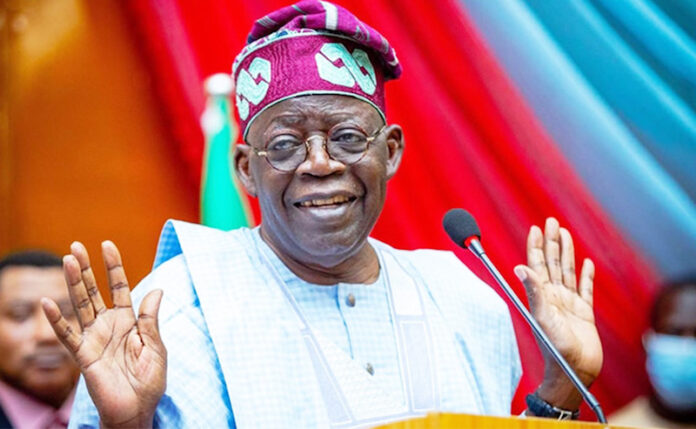The Presidency has faulted the World Bank’s latest economic report, which claimed that about 139 million Nigerians are living in poverty, calling the figure “unrealistic” and detached from Nigeria’s true economic conditions.
In a statement released by Sunday Dare, Special Adviser to President Bola Ahmed Tinubu on Media and Public Communication, the Presidency insisted that the global lender’s poverty estimate must be “properly contextualised,” stressing that it was based on outdated and theoretical global models rather than real-time data.
According to Dare, the World Bank’s figure was derived from the $2.15-per-day global poverty line set in 2017 using Purchasing Power Parity (PPP). When converted to current exchange rates, this benchmark equals nearly N100,000 per month, far higher than Nigeria’s minimum wage of N70,000.
“There must be caution against interpreting the World Bank’s numbers as a literal headcount. The measure is an analytical construct, not a direct reflection of Nigeria’s local realities,” Dare explained.
He further noted that Nigeria’s last major household consumption survey was conducted in 2018/2019, meaning the World Bank relied on outdated data that ignored the informal and subsistence sectors supporting millions of families.
The Presidency emphasised that what matters is the economic direction, not static figures, saying Nigeria is now “on a path of recovery and inclusive reform.”
Highlighting Tinubu’s anti-poverty initiatives, the statement listed several programmes, including:
-
Conditional Cash Transfers to over 15 million households, with more than N297 billion disbursed since 2023.
-
Renewed Hope Ward Development Programme, targeting 8,809 wards with micro-infrastructure and social services.
-
Expanded National Social Investment Programmes (NSIP), including N-Power, TraderMoni, and Home-Grown School Feeding.
-
Food Security Initiatives, focusing on subsidised grains, fertilisers, and mechanisation.
-
Renewed Hope Infrastructure Fund, supporting critical road, housing, and energy projects.
The Presidency described Tinubu’s reforms—such as fuel subsidy removal, exchange rate unification, and fiscal reallocation—as “painful but necessary steps” to fix structural problems rather than their symptoms.
“Even the World Bank itself has acknowledged that these reforms are restoring macroeconomic stability and growth momentum,” the statement added.
It assured Nigerians that the government’s ongoing investments in agriculture, manufacturing, and energy would soon yield visible improvements in food prices, income, and living standards.
The statement concluded:
“Nigeria rejects exaggerated statistical interpretations detached from local realities. President Tinubu remains committed to building a fair, inclusive, and prosperous nation where growth translates into better lives for all citizens.”
Meanwhile, the World Bank had earlier warned that poverty in Nigeria had deepened despite economic reforms, estimating that 139 million people now live below the poverty line—up from 129 million in April 2025.

